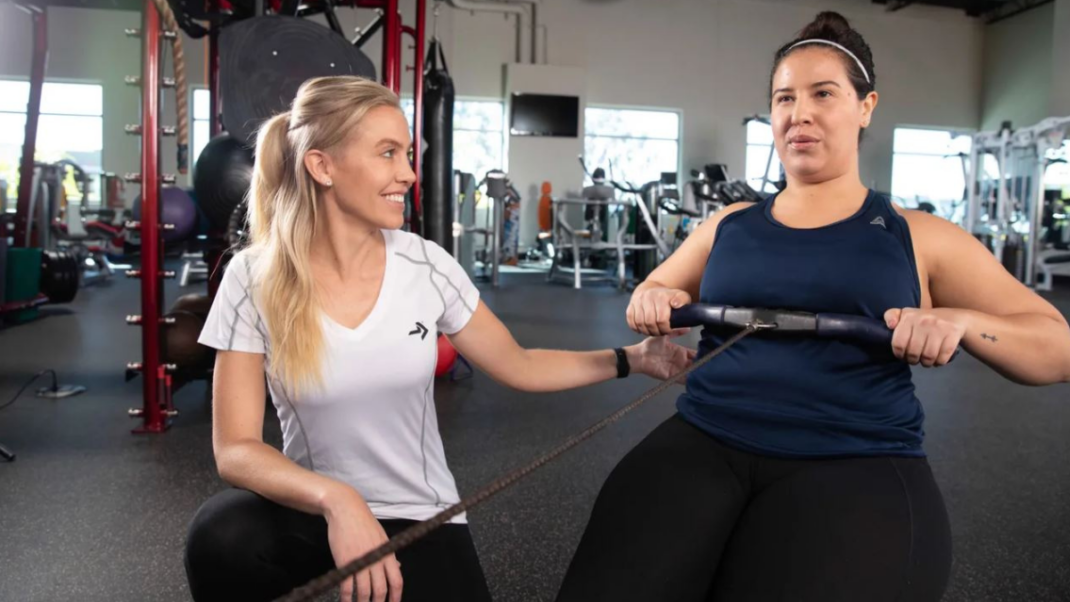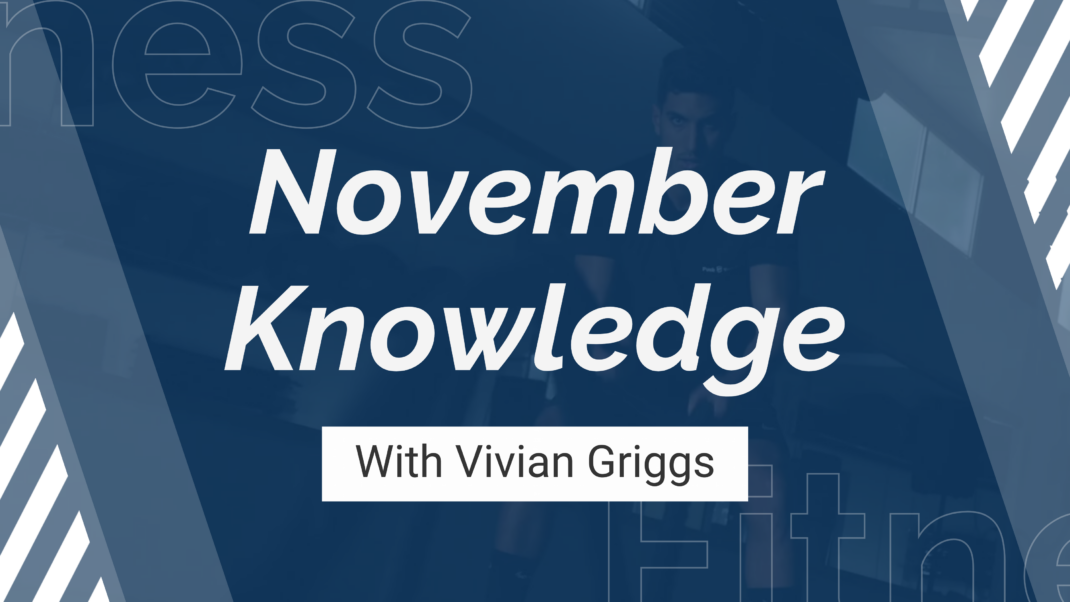Keeping Your Brain Fit: A Practical Guide

Study after study shows that physical activity, diet and other lifestyle factors keep the brain healthy as we age—contrary to the popular notion that cognitive function inevitably declines in the later years of life.
Admittedly, Alzheimer’s disease and other dementias pose serious health risks. Alzheimer’s is the fifth leading cause of death for Americans over 65, and the threat keeps rising: In the next decades, the number of cases worldwide is expected to nearly triple, from 46.8 million in 2015 to 131.5 million in 2050 (Alzheimer’s Association 2017; ADI 2015). Currently, 15%–20% of older adults have mild cognitive impairment (MCI), according to the Alzheimer’s Association.
This, however, doesn’t mean brain power must wane as we age. The research overwhelmingly suggests that cognitive function
in old age reflects how people live: Nutrition, stress, environment, physical activity, relationships and even individual views on aging play a role. And recent advances in neuroscience suggest that aging adults retain the ability to improve their neural networks and cognitive function—a concept scientists call neuroplasticity.
All these points underscore why trainers working with older people need a comprehensive approach that includes exercises for maintaining or improving cognitive function. This approach requires
- learning proven strategies for preventing dementia
and optimizing brain function; - understanding the influence of the most important cognitive functions; and
- using exercise to improve cognitive function and functional longevity.
The Basics of Dementia Prevention
Dementia is an umbrella term for multiple cognitive impairments whose symptoms include memory loss, poor judgment, communication difficulties and personality changes. Alzheimer’s disease, the most common cause of dementia, has several risk factors, including age, family history and genetics
. While many genes are known to increase the risk of Alzheimer’s, many people with these genes do not develop the disease. Hence, it stands to reason that other important risk factors—either disease or lifestyle related—play a role.
Disease risks. Cardiovascular and metabolic conditions such as heart disease, type 2 diabetes, hypertension, high blood-cholesterol levels and obesity
significantly affect a person’s chances of developing dementia. In fact, cardiovascular
disease and diabetes each double the risk (Alzheimer’s Society 2016). Other conditions—including kidney disease, anxiety and sleep apnea—have been linked to dementia in some studies, but the evidence is still weak.
Lifestyle risks. There is overwhelming evidence that certain lifestyle factors play a significant role in dementia risk. Most of these factors are also closely linked to the risk of cardiovascular disease, so it could be said that “what is good for your heart is also good for your head.” The three primary lifestyle risk factors are physical inactivity, smoking and an unhealthy diet.
These risks point to one conclusion for trainers: There’s a strong case that physical activity and a healthy diet can reduce the risk of dementia.
Understanding Cognitive Functions
To optimize brain function, you need to understand the variety of cognitive tasks we perform daily, such as reasoning, memory
, attention, language and physical movement. These play key roles in our lives, but arguably the most important cognitive task is executive function—encompassing the higher-level skills that control and coordinate other cognitive abilities. Executive function is loosely divided into organizational and regulatory abilities:
- Organization includes attention, planning, problem-solving, working memory, cognitive flexibility and abstract thinking.
- Regulation includes self-control, initiation of action, emotional regulation, inhibitory control, moral reasoning and decision-making.
Cognitive decline usually affects specific aspects of executive function. For example, people with MCI may have significant memory loss (forgetting important information they would previously have recalled with ease, such as appointments, conversations or recent events), while others may lose thinking skills (ability to make sound decisions or to judge the time or sequence of steps needed to complete a complex task). Typically, memory impairments happen first. A decline in thinking skills may indicate a progression toward dementia. While those with MCI are at greater risk of developing Alzheimer’s disease, they don’t always get it. In some cases, MCI reverts to normal cognition, according to the Alzheimer’s Association.
Exercise and Brain Function
Aerobic exercise and resistance training are good for the brain, studies show.
If frequency and intensity are sufficient, these forms of exercise can have a significant, and likely synergistic, effect on executive function, according to recent systematic reviews (Bamidis et al. 2014; Hotting & Roder 2013; Szuhany, Bugatti & Otto 2015). Most cognition studies compare an aerobic exercise program with a nonaerobic activity, such as stretching. More cardiovascular fitness is generally associated with more cognitive function plus better brain size and structure in cross-sectional studies of older adults
. Note that while regular aerobic exercise can improve cognitive function in older adults, it is unclear whether the cognitive benefits are directly due to improvements in cardiovascular fitness (Hotting & Roder 2013).
For much more information about exercise and brain function, including programming recommendations, please see “Protecting the Aging Brain” in the online IDEA Library or in the November-December 2017 print edition of IDEA Fitness Journal. If you cannot access the full article and would like to, please contact the IDEA Inspired Service Team at 800-999-4332, ext. 7.
Cody Sipe, PhD
Cody Sipe, PhD, is a respected authority on fitness for older adults with 25 years in the industry. He is a professor, researcher, international educator and co-founder of the Functional Aging Institute. Cody is currently an associate professor and director of clinical research in the doctoral physical therapy program at Harding University. He was recognized as the IDEA Program Director of the Year in 2005 and was a finalist for the IDEA Fitness Innovator of the Year award in 2019.





